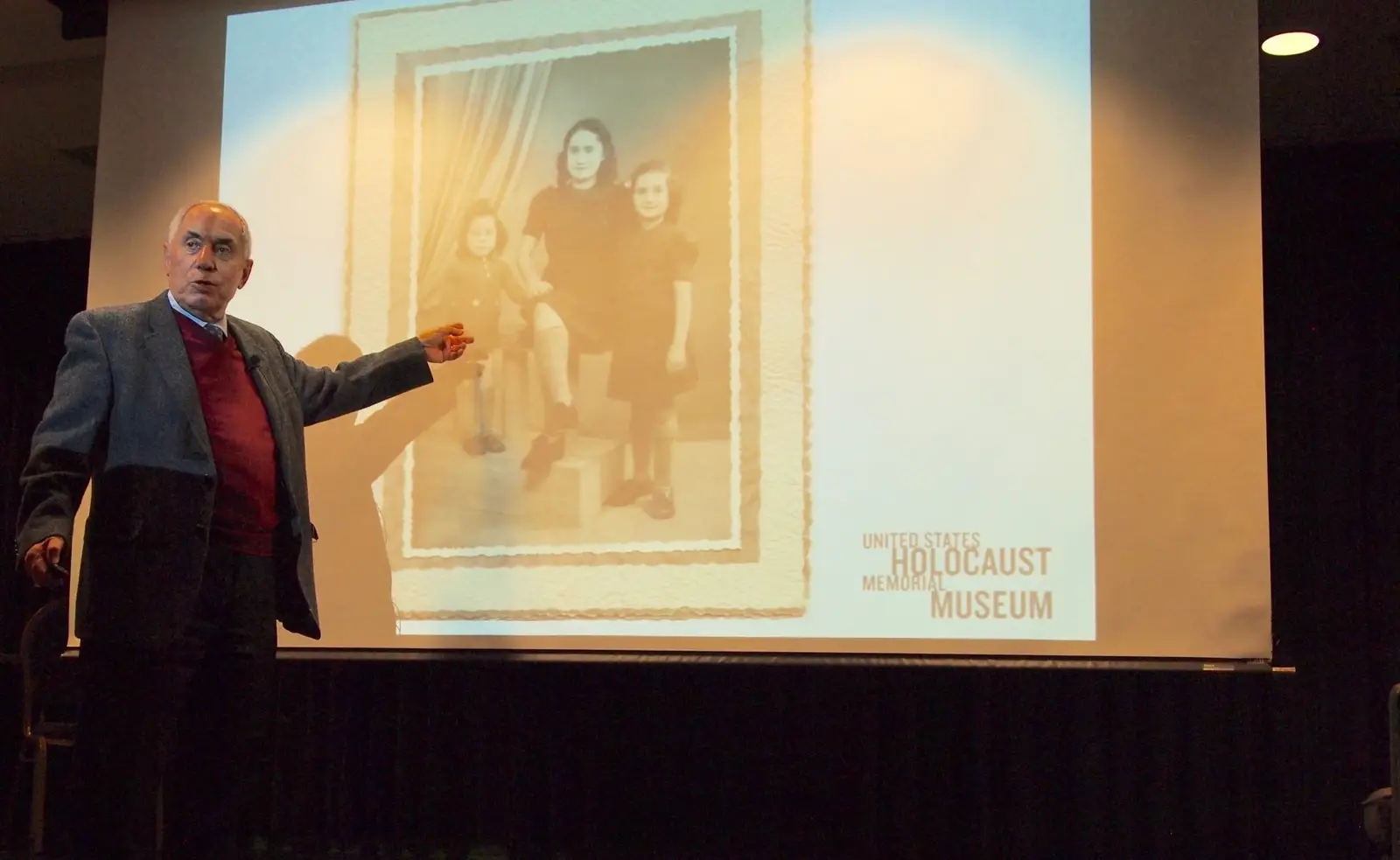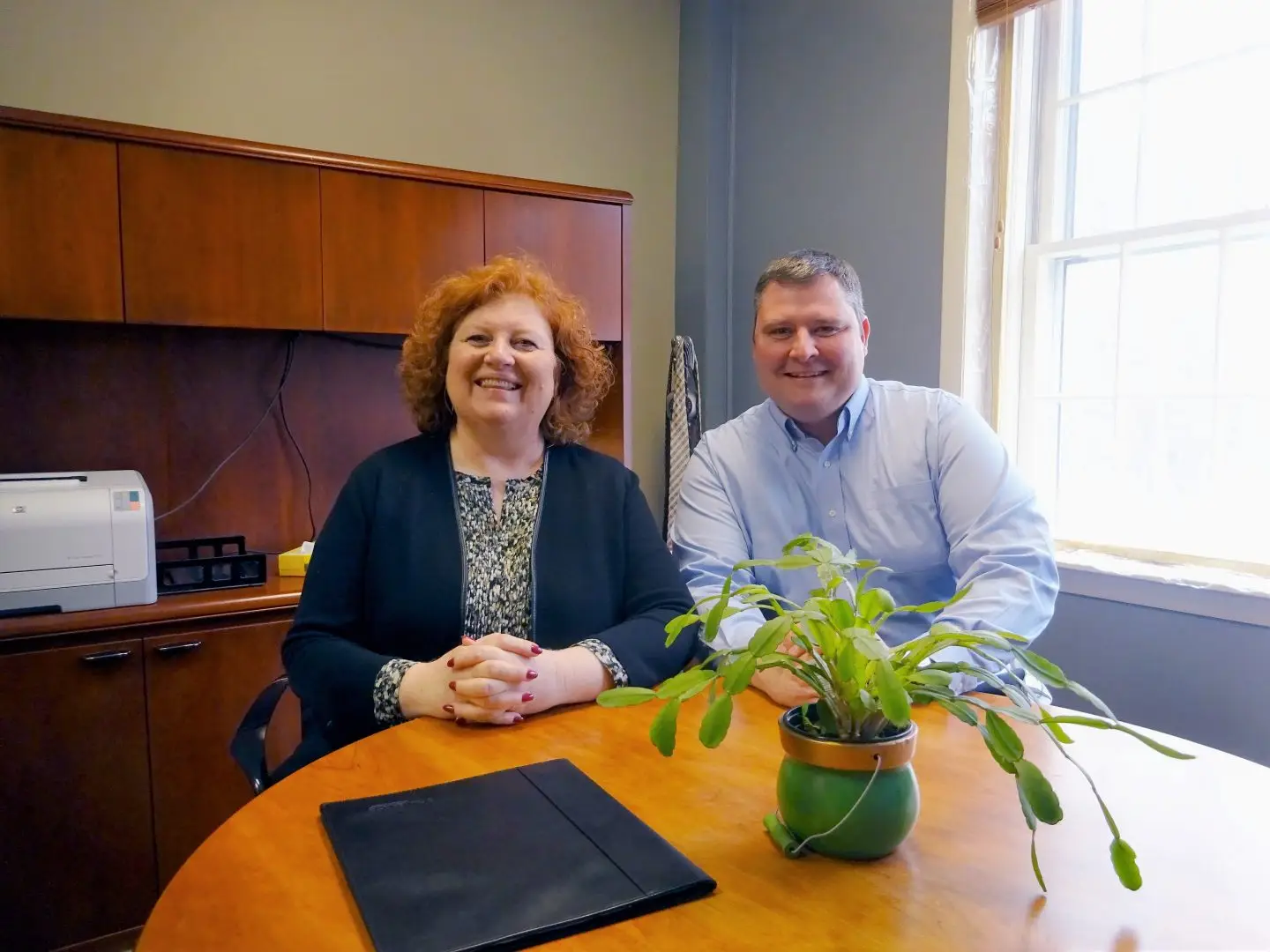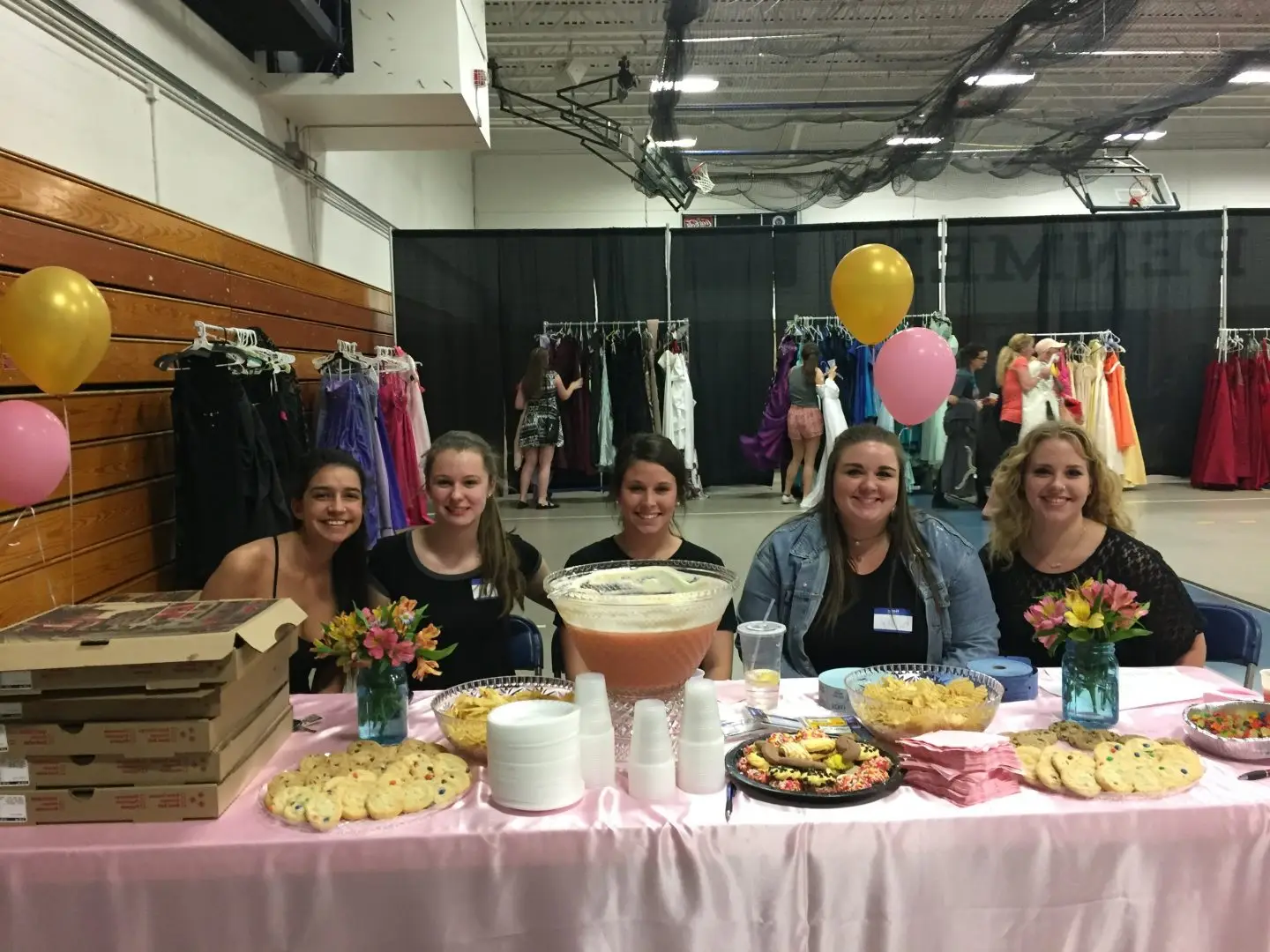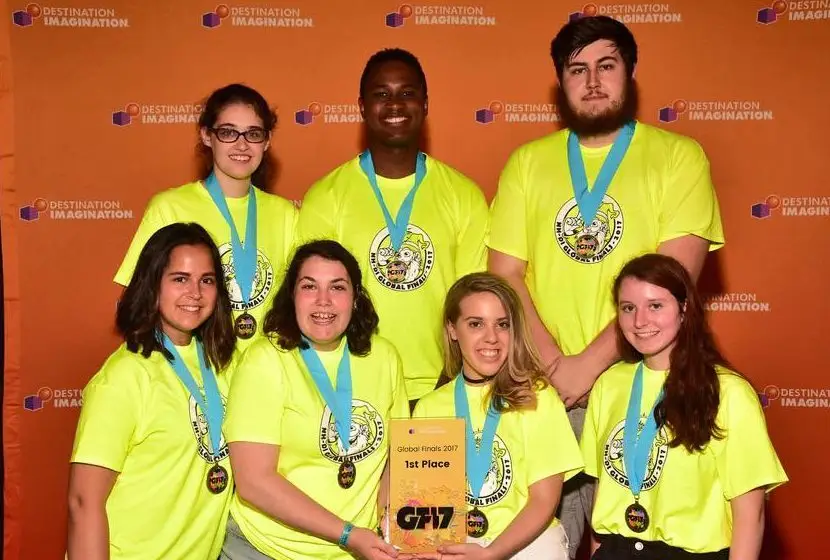Holocaust survivor Albert Garih came to Southern New Hampshire University on October 26 to speak about his experiences growing up during a time of war.
Sponsored by the offices of Student Involvement, Residence Life, Diversity Programs, the Center of Community Engaged Learning and the World Affairs Council, Garih shared his story to a nearly full house of students, faculty and other community members. Gavin Telfer, Associate Director of Student Involvement, introduced Garih, stating that the choice to sponsor this event represented “the need to talk about history and talk about current events and the way those things meld together.”
Born on June 24, 1938, in Paris, France, Garih’s childhood life was shaped by the looming presence of the second World War and the German invasion of Paris in May of 1940. In the wake of the antisemitic and dangerous political and social climate, the Garihs spent the following years hiding and traveling in an attempt to survive.
“We had many close calls,” Garih shared. “We hung on by a thread. Some may call them miracles. That is how we survived.”
In 1943, Garih’s father was deported, and he and his sisters were forced to leave their mother and live with different families. Garih’s speech included stories about the multiple locations where he and his family hid prior to liberation in 1944. Still being very young, Garih shared that “for a little Jewish boy like that, I was not really concerned,” as he did not fully understand the capacity of the war or its end. Despite this, Garih did share the way in which the liberation impacted him.
“BWhen we were liberated, it was like they had taken a big stone off my chest. We were free.”
Prior to the event, Garih shared more detailed aspects of his story over dinner with students and faculty. Junior James Leggett was among these attendees and shared that “I thought it would be a good opportunity to talk to someone who grew up in a very different environment from me. We had the privilege of being able to have dinner with him, so we heard more about his personal, and professional, background.”
Adina Friedman, founder of the new affinity group Jewish Life, housed in the Office of Diversity Programs, shared that the event itself “was powerful. This was my fourth time hearing a survivor,” Friedman said. “The others had been in concentration camps and it was interesting to hear another side of the story. It was sobering… It needs to be remembered.” Students interested in joining Jewish Life can attend meetings Wednesdays at 6 p.m. in the Office of Diversity.
Garih is among the many Holocaust survivors who share their experiences with others. Though turning 80 this upcoming year, Garih will also be going into his sixth year volunteering at the United States Holocaust Memorial Museum, conducting tours, participating in speaking engagements, as well as writing and reflecting. Regarding his work at the museum, Garih stated, “As much as I try to teach, I learn even more.”
Albert Garih shared a positive message with the campus and concluded the evening with a call to action for political leaders and students alike.
“It is important to to fight hate, prejudice and bigotry. And these things need to be fought tooth and nail. Spread kindness not hate.”




